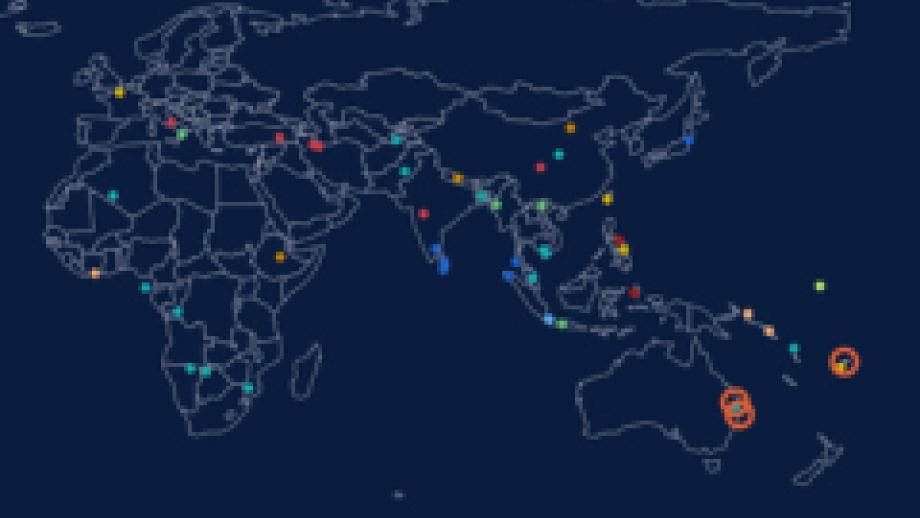Pathways to policy success: A qualitative comparative analysis of regulatory governance factors that shape food policy outcomes
Presented by ANU College of Asia & the Pacific
Food policies aimed at creating food environments that support healthy food choices are widely recognized as a strategy to curb the burden of obesity and diet related non-communicable diseases. These policies are developed under complex contexts, and the approaches to formulation and implementation vary among the different jurisdictions and policy domains. How do these contexts influence policy efficacy?
In this paper we used qualitative comparative analysis (QCA) to empirically examine causal relationships between regulatory governance conditions of food policies and policy outcomes. QCA enables analysis of complex causality in multiple cases to understand why certain cases display outcomes and other do not.
Using an approach that assesses complex causality is crucial for understanding how different contexts and processes across different policy cases produce or combine to produce policies that work. This type of analysis is important for understanding the varying levels of efficacy of food policies and for improving the regulatory governance of current and future policies.
About the Speaker
Dr Yandisa Ngqangashe is a Research Fellow in food regulation and governance at the School of Regulation and Global Governance (RegNet) here at the Australian National University. She holds a PhD in Social Sciences which focused on effects of food media consumption on adolescents' food literacy and dietary behaviours. Her current research is on the architectures of regulation and governance, particularly the regulatory governance processes that shape food the adoption, design, implementation and outcomes of population nutrition policies.
This event will be delivered online via Zoom.
Location
Speakers
- Dr Yandisa Ngqangashe
Contact
- RegNet



